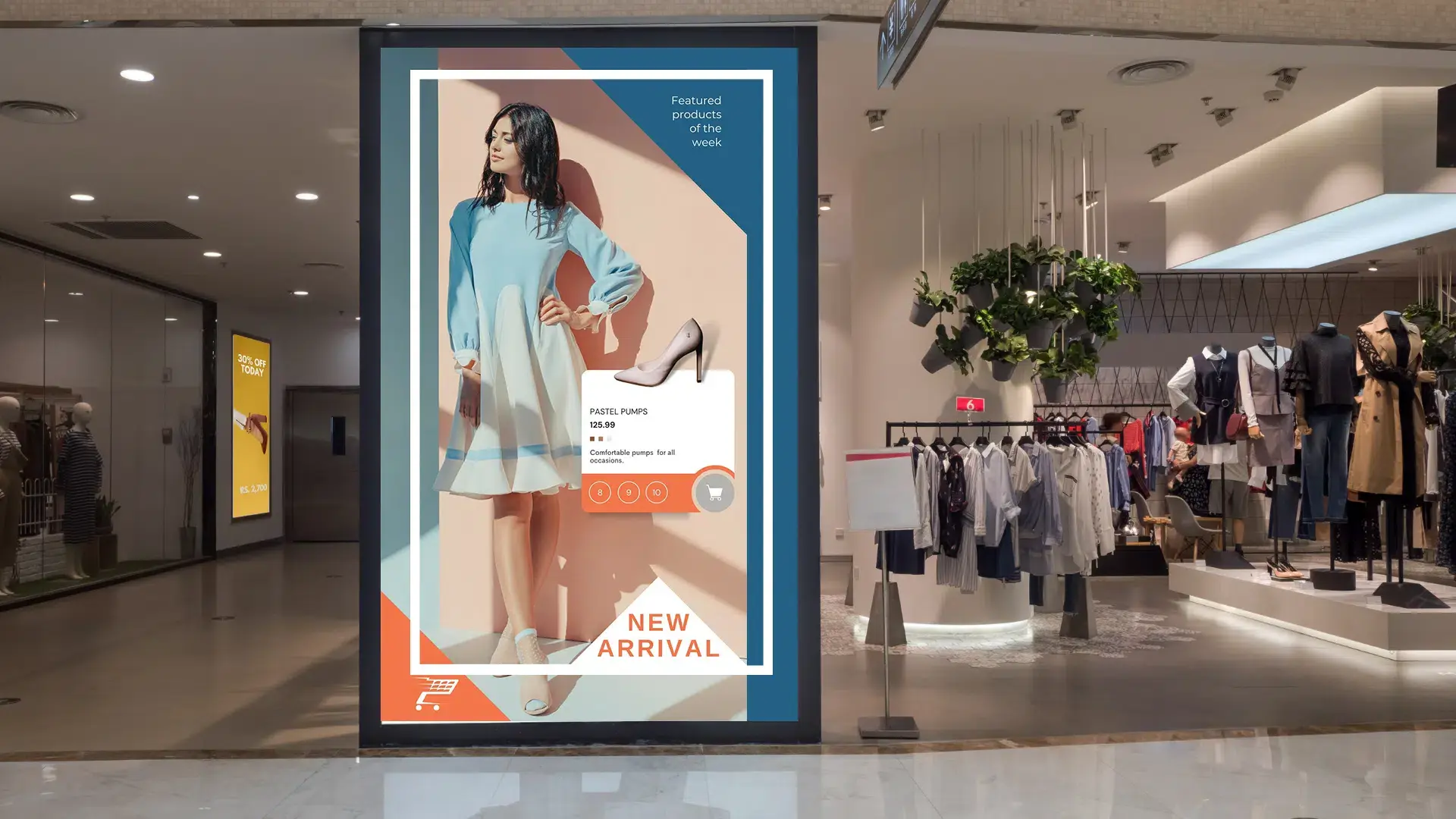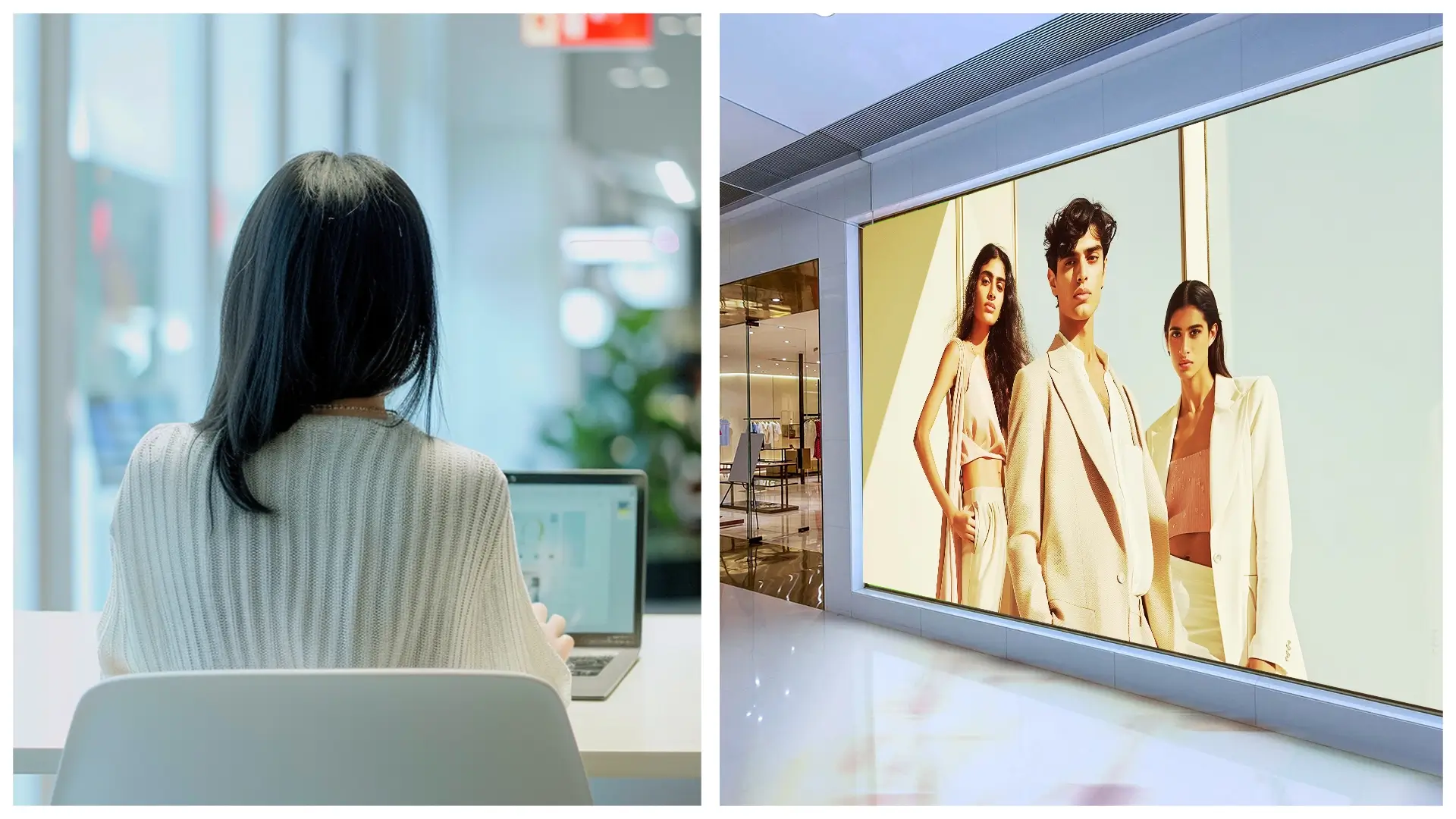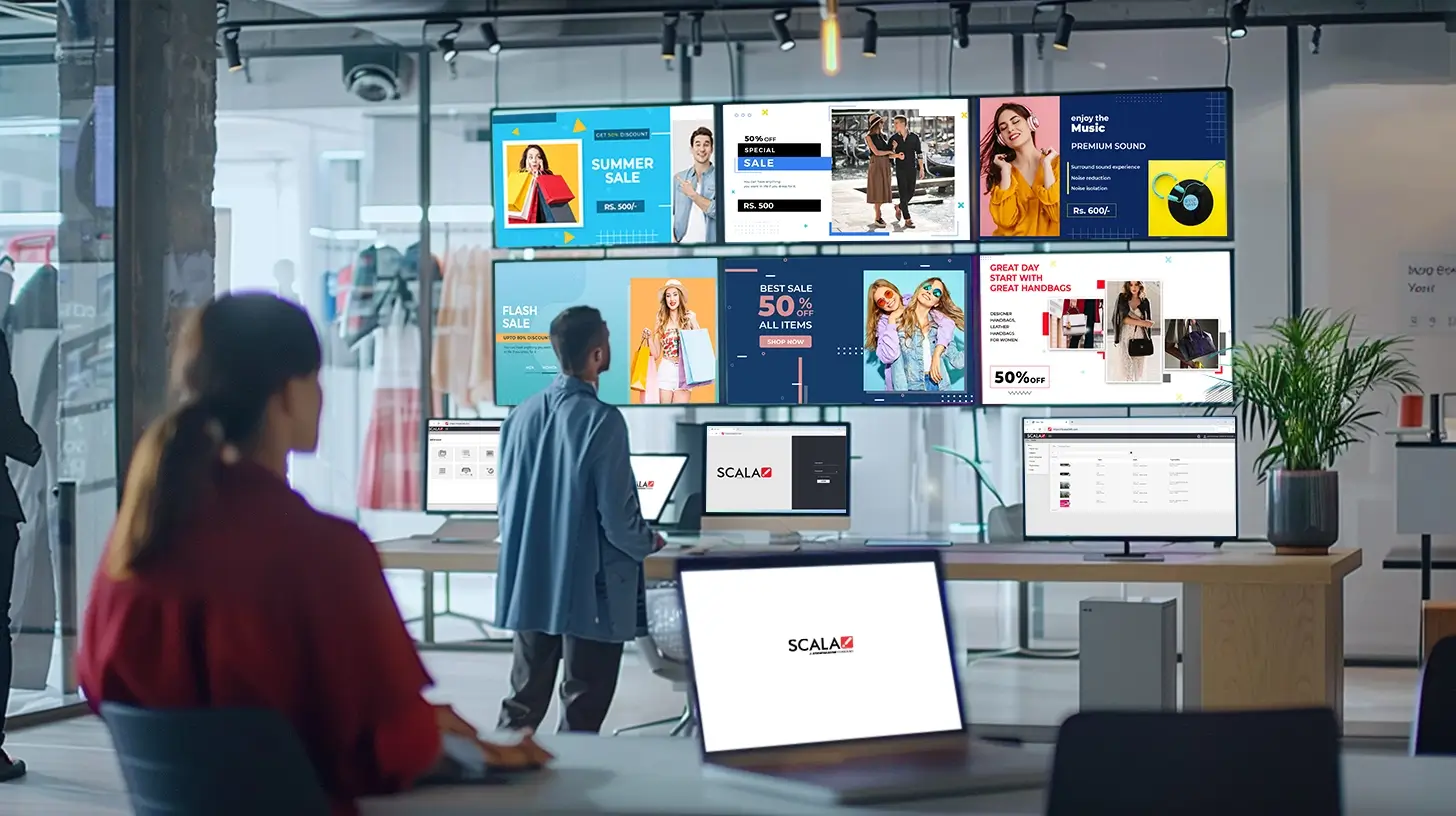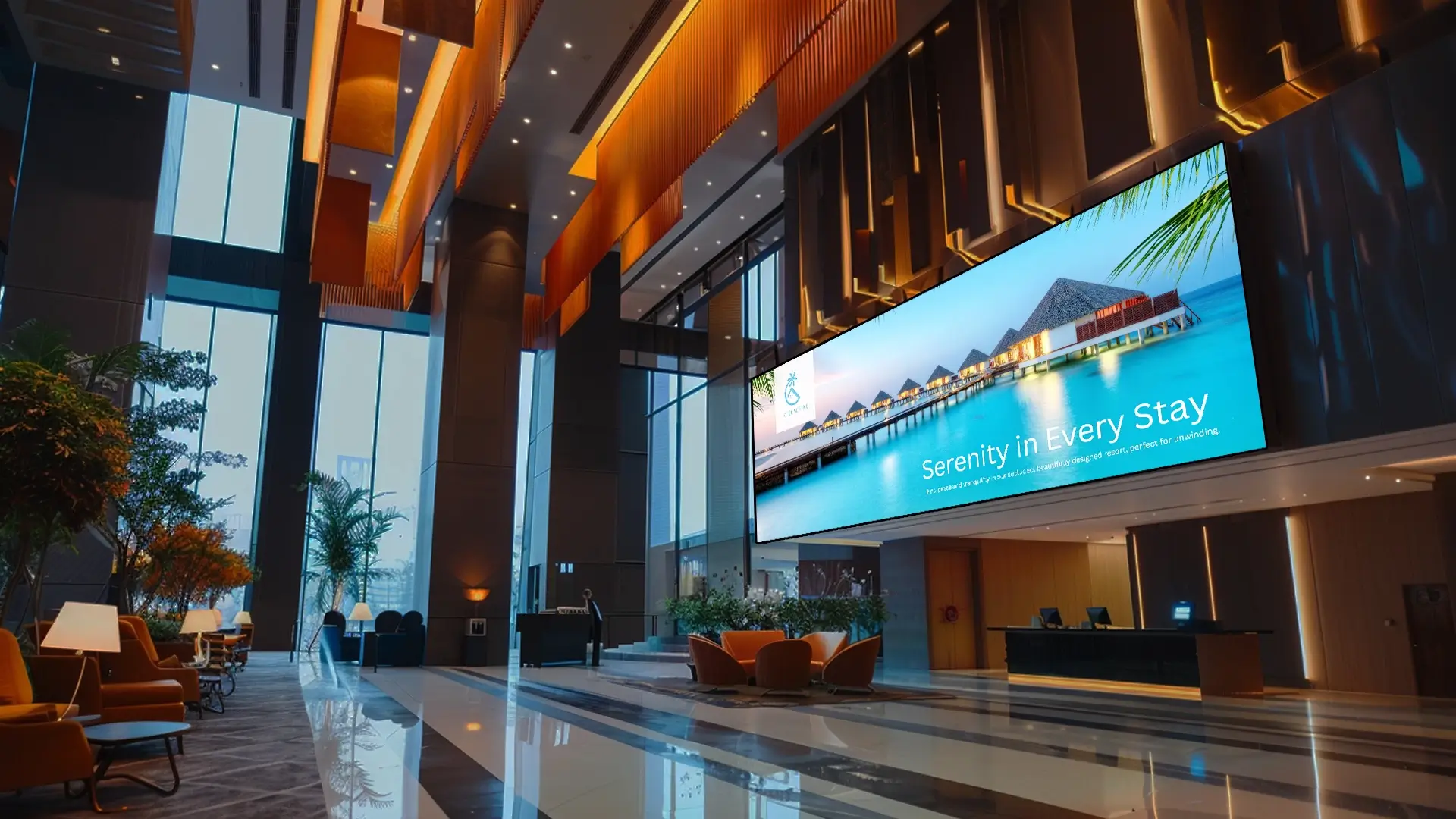Emerging Trends & Opportunities for India Retail
by Jasdeep Kohli
Emerging Trends & Opportunities for India Retail
by Jasdeep Kohli
India’s Retail Landscape
India’s retail industry has grown exponentially in the past two decades. Today, India is the fifth-largest and preferred retail destination globally. As per Forrester Research, in 2020, India’s retail sector was estimated at US$ 883 billion, with grocery retail accounting for US$ 608 billion. The market is projected to reach ~US$ 1.3 trillion by 2024.
India’s retail industry is experiencing phenomenal growth with retail development taking place not only in major cities and metros, but also in tier II and III cities.

Some of the factors fuelling this growth are:
- Healthy economic growth
- Changing demographic profile
- Increasing disposable income
- Urbanisation
- Evolving consumer preferences
Technology is powering the next stage of growth in retail, with digital being the medium of this progression.
Digital Transformation of India Retail
Recently, the retail industry has experienced a significant shift to “go digital”, brought on by the rapidly changing preferences of consumers and influenced by unending choices, real-time comparisons with competing products, and the ease-of-use of omnichannel platforms.
The COVID-19 pandemic brought the digital transformation of many companies to the fore. With curtailed physical movement and closure of supermarkets and retail stores to evade the risk of community transmission, the pandemic has emerged as a “black swan” moment for Kirana stores. Reports show that a staggering 1 million Kirana stores across the country have gone online in the last few months. The usage of digital payments has also spiked, with 75% of Indian consumers using digital payments currently – the highest number in the world.
With the increasing need for home deliveries and cashless payments, retail giants like Reliance have recognised the Kirana store as the new local touchpoint. According to a report by daily Mint Reliance backed Jiomart may be embedded into WhatsApp this year to allow consumers to order on the popular messaging app itself. This move will allow 400 million WhatsApp users in India to order goods within the app.
Phygital Retail – The New Normal
The pandemic has also catalyzed the expanding outreach of e-commerce companies to smaller cities & towns. Phygital retail – a smart blend of e-commerce and the unique aspects of in-store shopping – is an emerging approach geared towards delivering an unparalleled shopping experience and surpassing the expectations of digitally savvy consumers.
As India recovers from the pandemic, phygital retail is likely to dominate the industry. Combining the physical and virtual world, phygital carries with it the promise of a unified and personalized user experience. Digital signage is a powerful lever of the phygital strategy and a critical component that supports retail digitisation.
At the same time, technologies such as virtual reality (VR), augmented reality (AR) and artificial intelligence (AI) will also be capitalised to help retailers offer an immersive brand experience.
Creating a Unified Shopping Experience
VR and digital signage could work together to create immersive and powerful experiences for consumers. For instance, retail stores could provide virtual fitting rooms and “try before you buy” experiences. Ralph Lauren installed virtual mirrors in its in-store fitting rooms. Cameras inside the mirrors use RFID technology to detect which items a shopper has brought into the fitting room. The technology combines this with product data—like available sizes, alternative colors, and offers product recommendations.
Ralph Lauren reported that its virtual mirrors have an engagement rate of 90%. Data from the virtual fitting rooms can be leveraged to tweak its retail strategy.
Self-checkout Kiosks and Touchless Payments
Self-checkout kiosks and touchless payments are becoming the “new normal” to decrease the perceived waiting times and making the shopping experience swift and seamless. Decathlon, one of the largest sport-goods retailers, has introduced self-checkout technology in its new Noida store. The brand aims to provide a safe and seamless shopping experience.
Retail Digital Signage Delivers Personalised Experiences
Today’s consumers expect more personalised and customised experiences which are curated by brands, tailored to delight them at every touchpoint. Resultantly, brands need to develop strategies aimed at not only customer acquisition but also long-term retention.
Retail digital signage can be used to deliver a personalised shopping experience based on personas by tracking shopper data and adjusting marketing messages and in-store screen content in real-time, ensuring information and promotions resonate with current customers. Interactive displays and touch screens take the shopping experience up a notch by allowing shoppers to develop their own experiences by selecting their preferred content.
Additionally, retail digital signage featuring vivid imagery and stunning displays can be deployed to attract attention and increase footfall. Use digital signs to announce sales and special offers, launch and promote products, and make announcements about special events. Popular apparel retail brands that have deployed retail digital signage include Gap and Levis.
Public Messaging Digital Signage
As retailers reopen amid ever-changing health and safety protocols, the need to clearly communicate these guidelines is vital. In-store digital signage is one of the easiest and most non-invasive ways to provide customers with up-to-date policies, special store hours, general store information, and occupancy protocols.
Positive Outlook for India Retail
The retail industry in India is in the midst of a paradigm shift, transitioning from disorganised to organised. Retailers in India are currently expecting a surge in revenge shopping across various segments and anticipating a V-shape recovery in 2021.
Retailers are stepping up their game and jumping on the digital transformation bandwagon, to capture heightened consumer demand and forward their business.
Scala provides effective and reliable digital signage solutions for retail stores, and has helped many global brands propel their digital transformation journey. Find out more about Scala’s retail solutions here
About the Author:
Jasdeep Kohli, Vice President Marketing – APAC at STRATACACHE/SCALA, leads the spectrum of marketing initiatives across the Asia-Pacific region, which include, product marketing, brand, events, business planning, communications and market research. With extensive cross-disciplinary expertise in marketing, branding and management, he has been a key driver in raising the brand visibility and elevating the market leadership of STRATACACHE & SCALA in APAC. His passion for retail marketing and customer experience drives him to develop innovative and customer-focused approaches to business opportunities.




